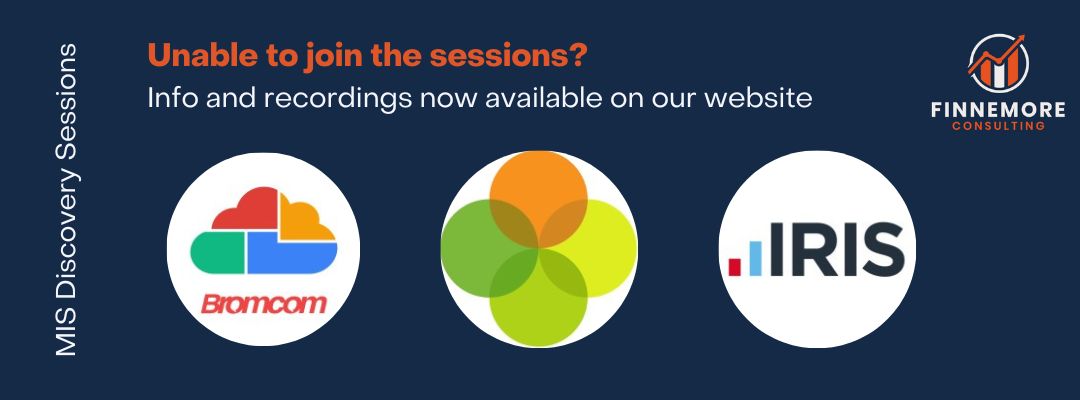 Have you read the publication from TES https://www.tes.com/news/why-are-some-children-leaving-school-still-unable-read on why some children are not able to read adequately by the time they have left Secondary school? What a travesty! It’s an issue we need to understand better on the causes, but it is essential we resolve.
Have you read the publication from TES https://www.tes.com/news/why-are-some-children-leaving-school-still-unable-read on why some children are not able to read adequately by the time they have left Secondary school? What a travesty! It’s an issue we need to understand better on the causes, but it is essential we resolve.
What Dianne and James Murphy focus on is absolutely correct, no child should come out of Secondary Education without being able to read sufficiently. We all need to be passionate about this due to the potential social issues that permeate, like the greater risk to the person becoming a NEET (Not in Education Employment or Training) or even ending in prison.
Reading is one of the fundamental life skills that needs to be instilled into pupils as part of their Primary Education.
I fully appreciate that not every child either enjoys or is able to read to the standards of their peers. However, the main principals need to have to be learnt by the time they have left Primary education. I worry that too many children ‘slip through the net’ due to needs that are not understood until too late. As with adults, children are fully aware of the stigma of not being able to read and as such try to hide any potential issues rather than look for support.
Personal Experience
On a personal level I am fully aware of how dyslexia can affect your ability to read or write – and the impact on how you digest information. As I grew up I have had to find mechanisms to help me (thankfully my wife is a great proof reader of my content!). However, at school I did what a lot of students do and became disruptive and a truant to disguise this issue.
Can technology help?
We need to look towards technological solutions to identify these individual needs and not just rely on what either a pupil says or does. We should be looking at technology to support the professional job that teachers do so they can put in place those strong interventions so that none of our children fall behind.
As part of the work I do in looking at technology to solve the needs in education, one company I was really impressed with has a solution that is up for the Bett awards called Lexplore . It can identify reading needs in children, not just dyslexia, I would suggest having a look and make your own minds up. This is a great tool and, alongside our great teachers, we can stop the travesty of our children leaving education without being able to read!!







